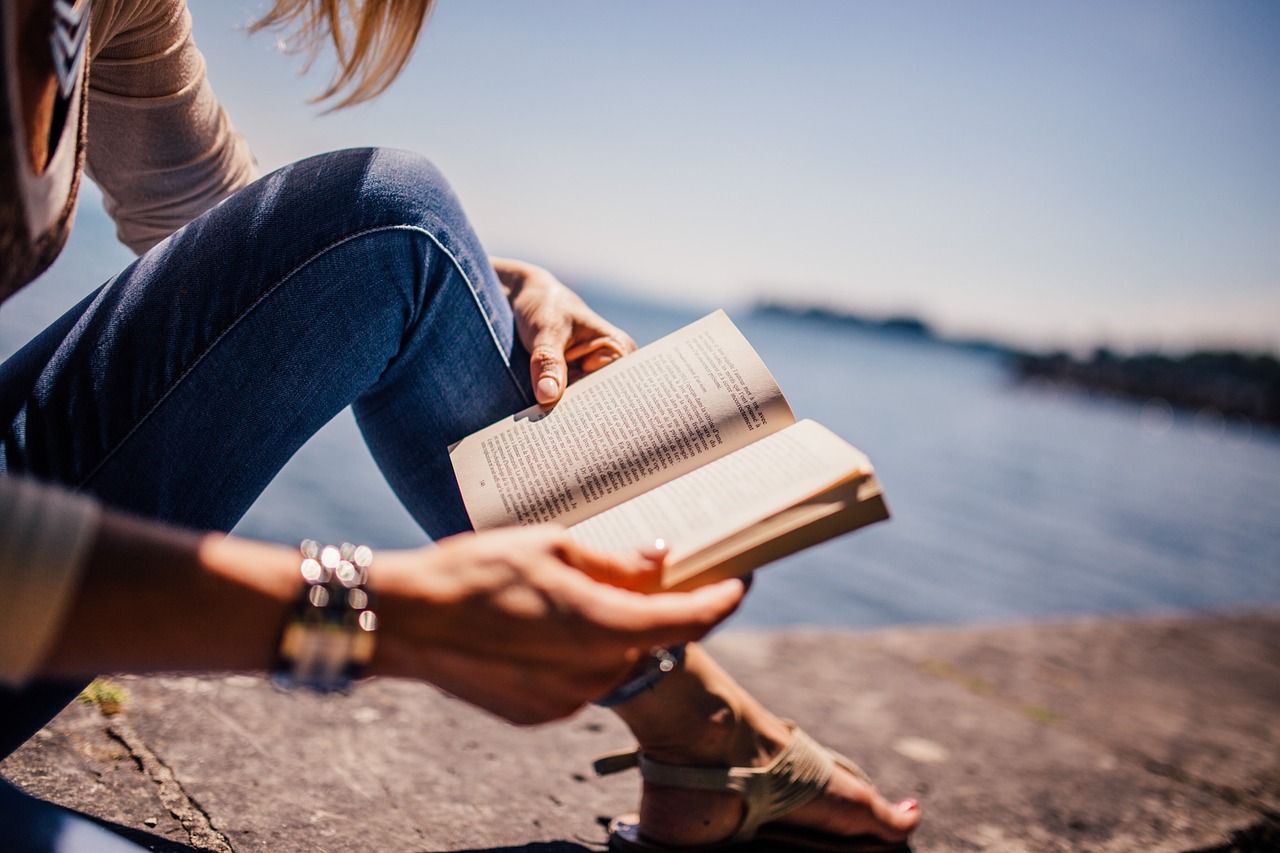We’ve all had those nights where we lay in bed for what feels like hours, unable to fall asleep. Whether it’s due to stress, anxiety, or just general restlessness, a lack of sleep can leave us feeling tired, irritable, and unproductive the next day. Fortunately, there are some simple strategies you can try to help you fall asleep faster and get the rest you need.
- Stick to a regular sleep schedule: Your body thrives on routine, and establishing a regular sleep schedule can help regulate your circadian rhythm, making it easier for you to fall asleep at night. Aim to go to bed and wake up at the same time every day, even on weekends.
- Create a relaxing bedtime routine: Establishing a relaxing bedtime routine can help signal to your body that it’s time to wind down for the night. This could include taking a warm bath, reading a book, or practicing relaxation techniques such as deep breathing or meditation.
- Create a sleep-conducive environment: Your bedroom should be a comfortable and peaceful space, free from distractions that can interfere with your sleep. Keep your bedroom cool, dark, and quiet, and consider investing in comfortable bedding and pillows.
- Limit screen time before bed: The blue light emitted by electronic devices such as smartphones, tablets, and laptops can interfere with your body’s production of melatonin, making it harder for you to fall asleep. Try to limit your screen time in the hour leading up to bedtime, or use a blue light filter if you must use your devices.
- Avoid caffeine and alcohol: Caffeine is a stimulant that can interfere with your ability to fall asleep, so it’s best to avoid consuming caffeine-containing drinks such as coffee, tea, and soda in the evening. Similarly, while alcohol may initially make you feel drowsy, it can disrupt your sleep cycle and make it harder for you to stay asleep throughout the night.
- Get regular exercise: Regular exercise can help improve the quality of your sleep, but it’s best to avoid exercising close to bedtime as it can leave you feeling energized and alert.
- Consider natural remedies: Certain natural remedies such as chamomile tea, lavender essential oil, and valerian root may help promote relaxation and sleepiness.
Falling asleep faster doesn’t have to be a struggle. By establishing a regular sleep schedule, creating a relaxing bedtime routine, creating a sleep-conducive environment, limiting screen time before bed, avoiding caffeine and alcohol, getting regular exercise, and considering natural remedies, you can improve the quality and quantity of your sleep and wake up feeling refreshed and ready to take on the day.





